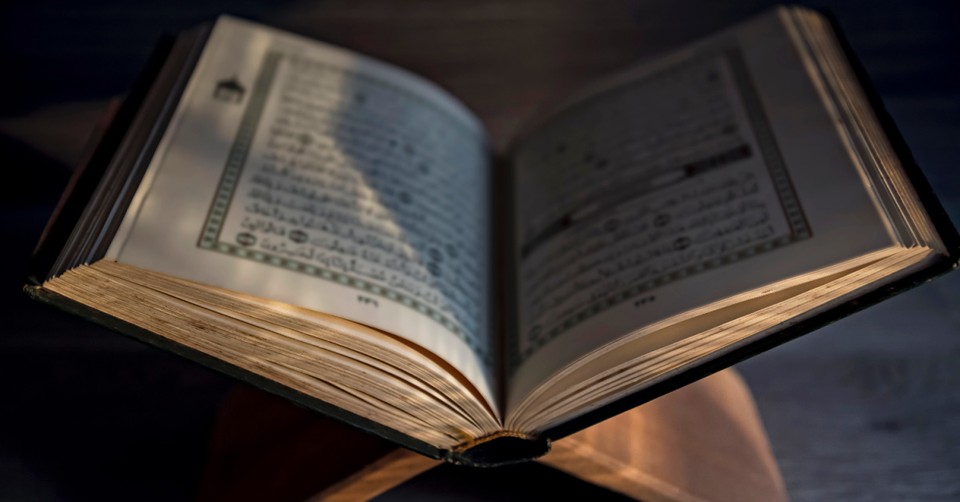How Should "Jihad" (Muslim Holy War) be Understood Properly?

The following is a transcribed Video Q&A, so the text may not read like an edited article would. Scroll to the bottom to view this video in its entirety.
I’m really focused on the Quran itself and what is specifically teaches. I do not spend a lot of time on Jihad. That is what everyone wants to talk about because they have heard so much about it. But the problem is, not that it isn’t important, but if you do not understand what I am dealing with at the wider context of the interaction of Muhammad with the early Christian communities that he encountered, then you will never have the foundation to understand what Jihad is about in the first place.
For example, one of the big issues that people always bring up in regard to Muhammad is his marriage to Aisha—his child bride which he consummates at nine years of age. I address that and point out that it there was far more scandalous event in the days of Muhammad. That was not considered scandalous. In fact, Aisha took it as a sign that she was the only virgin bride that Muhammad had, and this actually elevated her in the eyes of the people. There was a clear situation that the Quran shows was far more scandalous, that was his marriage to Zaynab bint Jahsh. To people in the West we say, “no big deal, just a cousin”. But this was far more scandalous.
This shows where the Quran is coming from, and I find it one of the most important issues in the Quran. Because if you can have divine revelation, supposedly from eternity past, all about how you are supposed to be able to marry the divorced wife of your adopted son which results in the destruction of adoption in Islamic lands. That says far more to me about the origins of the Quran than anything about Aisha. But if you go online all you find is about Aisha and how terrible this was. But you try to pick what is the most important and has the longest and most relevance to the issues.
In regard to the issue of Jihad, this is my take and its not part of the book, but those issues arise from the interpretation of the Quran. But the Quran is not interpretable outside what is called the Hadith Literature—the actions, saying, and teachings of Muhammad and his companions. The Sunni have their Hadith. The Shia have their Hadith. The Sunni Hadith is a very large body of literature. The two most accepted Sunni books, the Sahih Bukhari and Sahih Muslim, are 9 volumes and 7 volumes respectively in Arabic and English. I have read all of these. My concern is that when you get radicalized Muslims and non-radicalized Muslims debating these issues what you have is they have to debate out of the Hadith material. And I can tell you one thing, having listened to all of it, it is not consistent with itself. One group grabs hold of these scholars and one group these scholars—they interpret this Hadith this way, and they interpret this Hadith that way.
My concern is that there is no self-corrective mechanism within Islam to be able to answer these questions and come to a final conclusion as to what the Islamic perspective would be. The Salafi Wahabi Muslim, that takes a very conservative view can build a very strong case. Osama bin Laden was not stupid. He could build a really strong case from the Sunna of Muhammad and from choosing his material. But then a really smart person from the other side can come along and say, “you’ve missed this and this and this.” And they say, “well, that’s not as important as this...” I just don’t’ see that the materials from which they are drawing their debates as sufficient or consistent enough to actually answer the question.
Photo Credit: ©Getty Images/Kriangkrai Thitimakorn
Originally published January 05, 2023.

